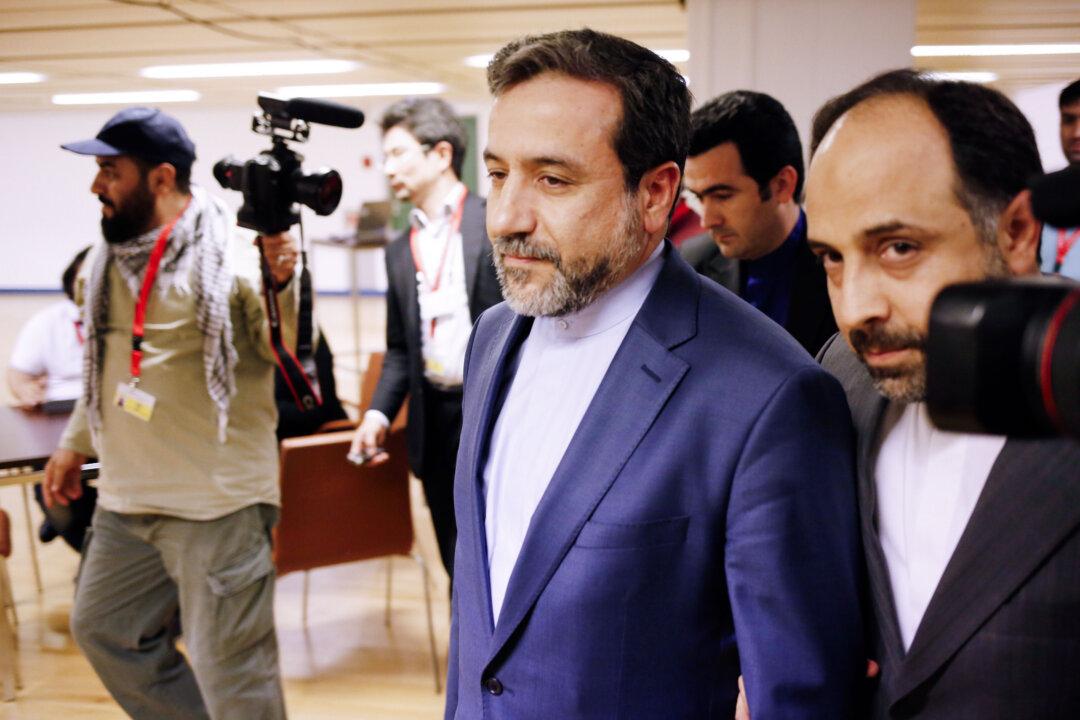Iranian Foreign Minister Abbas Araghchi will visit Moscow this week, ahead of a second round of talks with U.S. negotiators.
Araghchi’s Moscow trip follows his meeting with U.S. special presidential envoy Steve Witkoff in Muscat, Oman, on April 12 to address Iran’s nuclear program. U.S. President Donald Trump is seeking a quick deal to curb Tehran’s hopes of ever obtaining a nuclear weapon, while Tehran is seeking the removal of U.S. sanctions.





